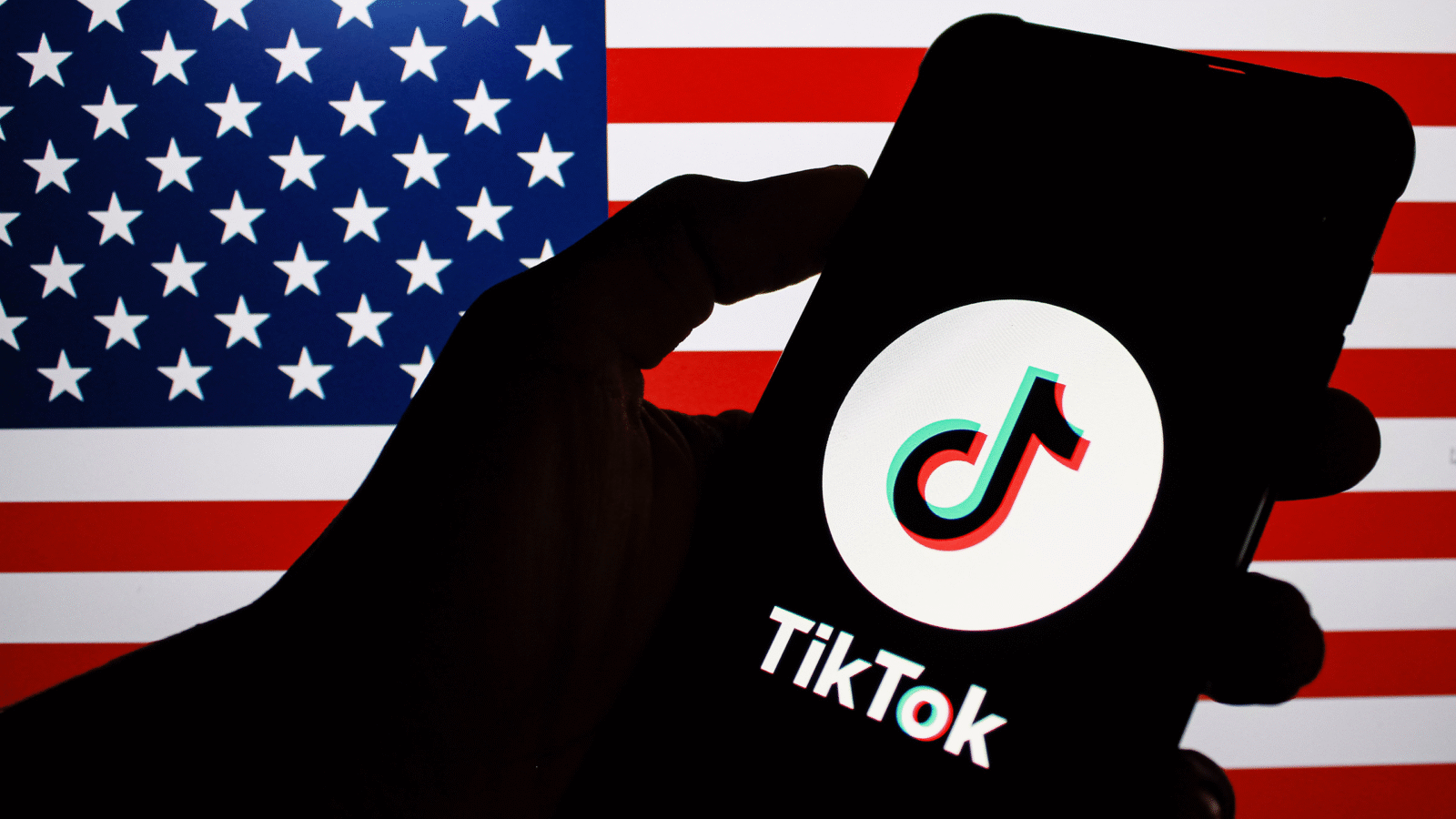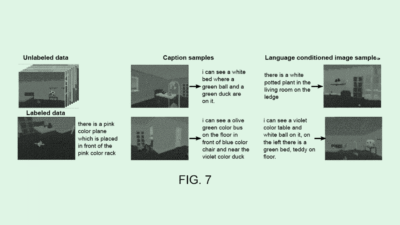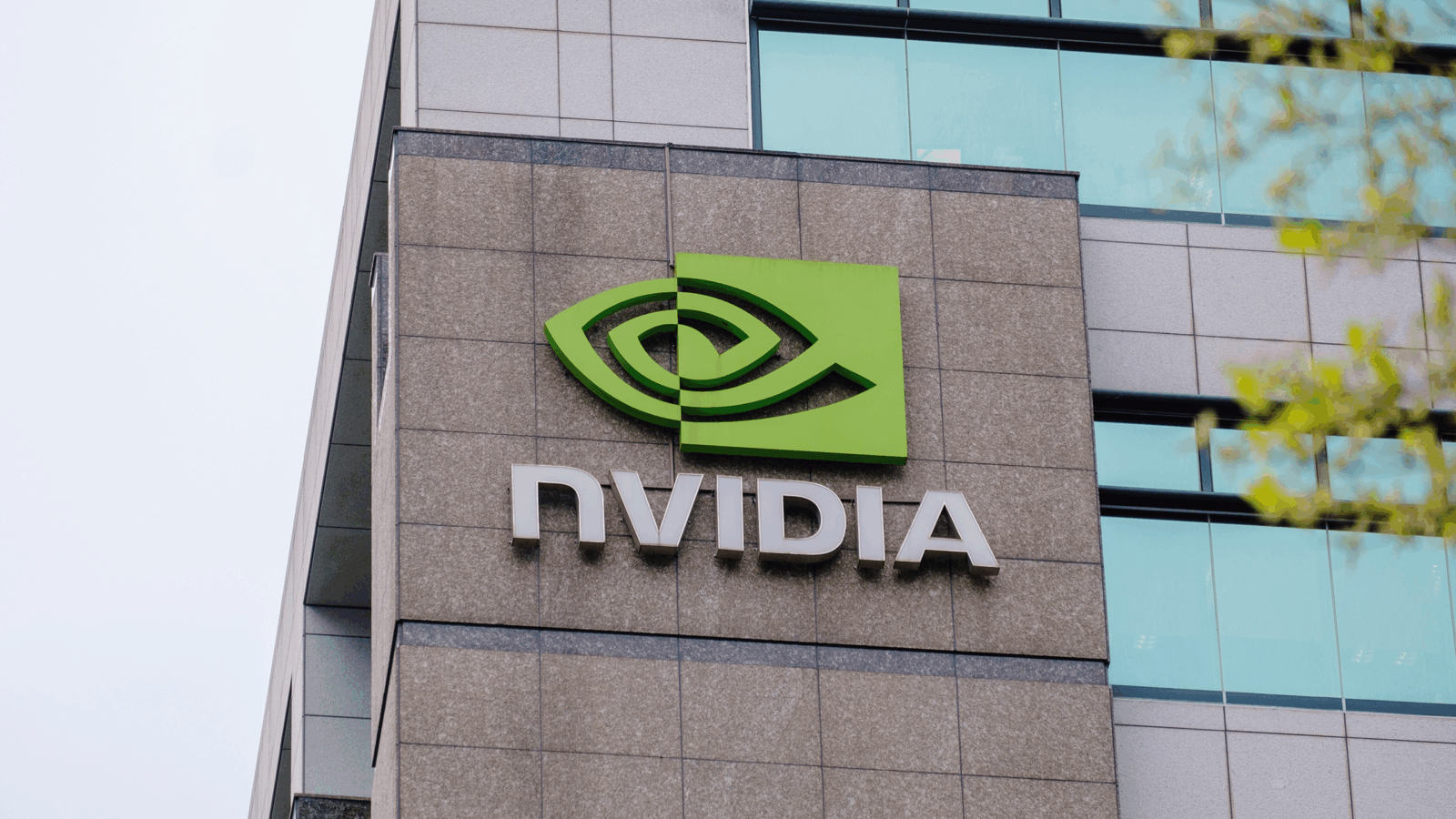AI Could Make People ‘Uninsurable,’ Financial Regulator Warns
The insurance industry needs to be careful when using AI, or else AI black boxes could render consumers uninsurable without any explanation.

Sign up for smart news, insights, and analysis on the biggest financial stories of the day.
As if submitting an insurance claim wasn’t Kafkaesque enough already.
The head of the UK’s financial watchdog, the Financial Conduct Authority, told the Financial Times that the insurance industry needs to walk a delicate tightrope when it comes to using AI, or else AI black boxes could render consumers uninsurable without any explanation.
Insure Against the Machine
The insurance sector isn’t entirely new to the concept of AI: It’s been using AI software for years to do complex, data-crunchy tasks like risk modeling. But, like every other sector, the insurance industry has ridden the current wave of generative AI products, its proponents saying that it can actually drive down prices for consumers by really digging deep into their personal details.
But FCA CEO Nikhil Rathi said that this level of AI-driven personalization could leave people open to the risk of having a computer decide, without any explanation, that they’re uninsurable:
- Bias is a longstanding issue in all kinds of AI software, generative AI included. Existing biases in historical data can be ingested and then replicated by an AI program, which might then discriminate against a specific set of people.
- Rathi said that a drive toward generative AI in insurance could end up in a scandal, similar to the ongoing outrage over dynamic pricing in concert tickets.
On the Flip Side: While the insurance sector may need to keep a close eye on its own AI algorithms, it also needs to be on the lookout for fraudsters using the same technology. The International Travel & Health Insurance Journal reported Thursday that UK claims-handlers are seeing an uptick in fraudulent claims, and a significant proportion of those seem to contain AI-generated content.











